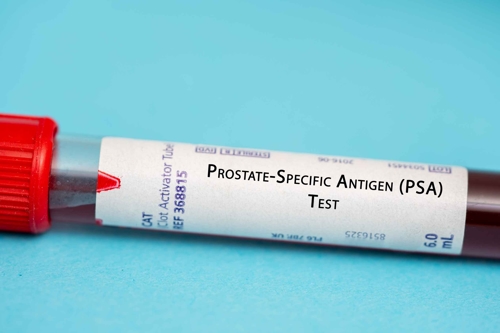
In A. v. R., the Appellate Division, Second Department reversed a lower court’s grant of summary judgment in favor of the defendants in a medical malpractice action. The plaintiff, A.A., alleged that his primary care physician, R., failed to properly communicate elevated PSA levels during a referral to a urologist, contributing to a delayed diagnosis of prostate cancer.
The appellate court found that the Putnam County Supreme Court erred in granting summary judgment. While the defendants initially made a prima facie showing that R. adhered to accepted medical standards by referring the plaintiff to a specialist, the plaintiff countered with expert testimony that raised a triable issue of fact. Specifically, the plaintiff’s expert contended that R. had a duty to inform the urologist of the elevated PSA levels and to follow up with additional testing. The failure to do so, according to the expert, compromised the diagnostic process and delayed appropriate treatment.
The court emphasized that summary judgment is inappropriate in medical malpractice cases where conflicting expert opinions exist. Here, the plaintiff’s expert directly addressed the assertions made by the defendants’ expert and relied on specific evidence in the record, thereby satisfying the standard for opposing summary judgment. Additionally, the defendants failed to establish that any alleged departure from accepted practice did not proximately cause the plaintiff’s injuries. Their expert’s conclusory statement that the cancer’s progression was unrelated to Rosen’s care was deemed insufficient.
This decision reinforces the principle that a referring physician must provide comprehensive information to specialists and that omissions in communication can constitute a departure from accepted medical practice. It also highlights the judiciary’s reluctance to resolve complex medical disputes without a full trial when expert opinions diverge.
PSA: POSTPONED, SIDELINED, ADJUDICATED.
# # #
DECISION
